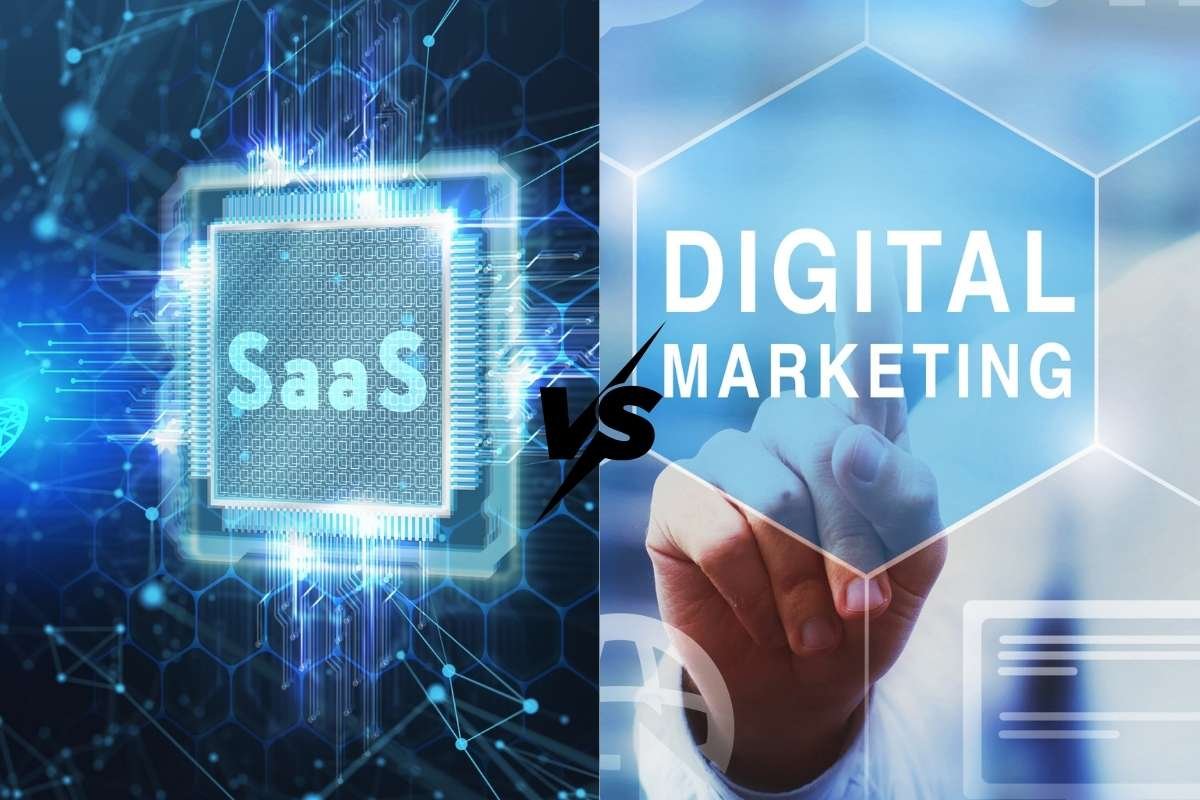In an era where choices abound, building loyal customer bases is more critical than ever. Businesses understand that customer loyalty is not merely about repeat purchases; it’s about fostering an emotional connection that transforms casual shoppers into brand advocates. Companies that excel at this create strategies that resonate deeply with their customers, making them stand out in competitive markets.
Understanding Customer Loyalty
At its core, customer loyalty is a reflection of trust and satisfaction. Customers gravitate towards brands that consistently meet or exceed their expectations. When companies invest in understanding their audience’s needs and desires, they lay the groundwork for lasting relationships.
In today’s fast-paced environment, where options are just a click away, retaining customers in competitive markets becomes a nuanced endeavor. Brands that recognize this often focus on personalized experiences, ensuring customers feel valued at every touchpoint. This approach is not just about transactions; it’s about creating meaningful interactions that foster loyalty over time.
Strategies for Customer Loyalty
One of the foremost strategies for customer loyalty involves delivering exceptional customer service. A study by Bain & Company found that businesses can increase their revenue by 25% to 95% by improving customer retention. This can be achieved through responsive support systems that address issues swiftly and empathetically. Brands that prioritize customer service create an environment where customers feel heard and appreciated.
Another pivotal strategy is the implementation of loyalty programs. These initiatives reward customers for their continued patronage, encouraging them to return. Effective loyalty programs not only offer discounts but also create exclusive experiences that foster a sense of belonging. For instance, Starbucks has successfully cultivated a loyal following through its rewards program, where customers earn points for purchases that can be redeemed for free drinks or special offers. This not only incentivizes repeat business but also engages customers on a deeper level.
Engaging Through Personalization
Building loyal customer bases hinges on personalization. Today’s consumers are inundated with generic marketing messages, making it imperative for companies to tailor their communications. By leveraging data analytics, brands can gain insights into customer preferences and behaviors, allowing them to craft personalized experiences that resonate.
For example, Amazon uses sophisticated algorithms to recommend products based on a user’s browsing and purchase history. This not only enhances the shopping experience but also demonstrates the brand’s understanding of individual customer needs. When customers feel that a brand knows them, they are more likely to develop an emotional connection and remain loyal over time.
Fostering Engagement Through Community Building
Community plays a vital role in how companies foster engagement. Brands that cultivate a sense of community among their customers often see higher levels of loyalty. This can be achieved through social media platforms, where companies create spaces for customers to interact, share experiences, and provide feedback.
Take Nike, for instance. Through its Nike+ platform, the company has created an active community of fitness enthusiasts who share their achievements, challenges, and support for one another. By fostering this sense of belonging, Nike not only encourages engagement but also reinforces brand loyalty. Customers feel they are part of something larger, which enhances their connection to the brand.
Listening and Adapting
Effective brands actively seek feedback and adapt their strategies based on customer input. This commitment to continuous improvement shows customers that their opinions matter. Companies that embrace this mindset are better equipped to respond to changing preferences and market dynamics.
Surveys, reviews, and social media interactions provide valuable insights that can shape product offerings and customer service approaches. For example, beauty brands often solicit feedback on new products before their official launch, allowing customers to feel involved in the creation process. This not only generates excitement but also strengthens customer loyalty.
Leveraging Technology for Enhanced Experiences
Technology is an indispensable tool in the pursuit of customer loyalty. Companies that harness advanced technologies such as artificial intelligence (AI) and machine learning can provide more intuitive and engaging experiences. Chatbots, for instance, can offer 24/7 support, addressing customer inquiries promptly and efficiently.
Additionally, mobile applications enable brands to deliver tailored content and promotions directly to customers’ smartphones. Companies like Sephora have mastered this by offering personalized product recommendations and beauty tutorials through their app. This level of accessibility and customization enhances the customer experience, reinforcing loyalty in a competitive landscape.
Conclusion
Building loyal customer bases is a multifaceted endeavor that requires a thoughtful approach. By implementing effective strategies for customer loyalty, prioritizing exceptional service, and fostering engagement through community, companies can create lasting connections with their customers.
Personalization, active listening, and the judicious use of technology further enhance these efforts, ensuring customers feel valued and appreciated. In a marketplace where choices are abundant, businesses that excel in cultivating loyalty not only thrive but also create brand advocates who will champion their products and services. Ultimately, the pursuit of customer loyalty is a journey—a continuous process of engagement, adaptation, and connection that yields significant rewards.



More Stories
Why Some Companies Thrive While Others Fail
Inside the Strategies of Disruptive Companies
What Makes Successful Companies Stand Out